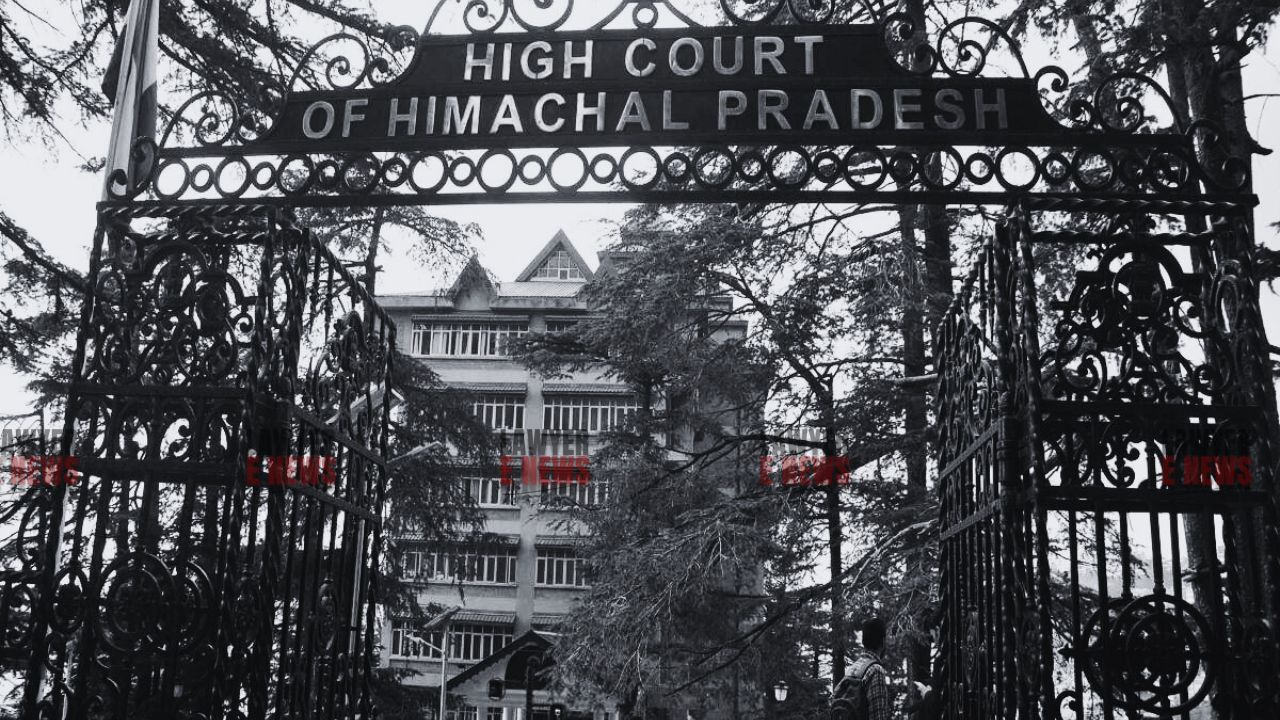-
by Admin
15 February 2026 5:35 AM



On October 21, 2024, the Himachal Pradesh High Court, presided over by Justice Rakesh Kainthla, delivered a crucial judgment in Criminal Appeal No. 289 of 2010 in the case of Onkar Singh & Anr. vs. State of Himachal Pradesh. The appellants had been convicted by the trial court under Section 498-A of the Indian Penal Code (IPC) for dowry harassment but were acquitted of charges under Section 306 IPC (abetment of suicide). The High Court overturned the conviction under Section 498-A, citing a lack of credible and consistent evidence.
Court Finds Dowry Demands Introduced Late in Trial and Lacking Credibility
In its analysis, the court observed that the prosecution's version of events significantly changed during the trial. Initially, no mention of dowry demands was made in the First Information Report (FIR). However, during the trial, witnesses, including the deceased's family, introduced claims that the appellants had demanded a refrigerator, ceiling fan, and color television. Justice Kainthla highlighted that these claims were vague and lacked any substantial corroboration, especially given the absence of a specific timeline or context for when these demands were allegedly made.
The court also referenced discrepancies between the testimony of the witnesses and the lack of contemporaneous complaints to authorities or independent witnesses to support the allegations. The late introduction of dowry demands and the vague nature of the statements undermined the credibility of the prosecution’s case.
"Prosecution Failed to Prove Continuous Harassment," Rules High Court
The High Court ruled that the prosecution failed to establish continuous harassment or cruelty, which is a requirement under Section 498-A IPC. The testimonies of the key witnesses, including the deceased’s family members, were found to be inconsistent and exaggerated. The court also pointed out that despite the claim of harassment for dowry, there was no independent evidence or complaint lodged with the local authorities during the deceased’s lifetime.
Ward Punch Kanta Devi, a key witness, testified that the deceased’s family had approached her in 2004 with a complaint of harassment, but no mention of dowry demands was made. Furthermore, after this initial complaint, no further grievances were raised, significantly weakening the prosecution’s case that the deceased was continuously harassed for dowry until her death in 2007.
Court Criticizes Trial Court for Accepting Vague Allegations
The High Court criticized the trial court for convicting the appellants based on vague and general allegations of cruelty and dowry demands. It cited established legal precedents, including the Supreme Court’s rulings in cases like Vipin Jaiswal vs. State of UP and Gananath Pattnaik vs. State of Orissa, which emphasize that vague allegations without specific details cannot form the basis for a conviction under Section 498-A IPC.
Justice Kainthla noted that while cruelty under Section 498-A does not necessarily have to be physical and can include mental torture, it must be proven beyond a reasonable doubt and backed by substantial evidence, which the prosecution failed to provide.
The Himachal Pradesh High Court set aside the trial court’s judgment and acquitted the appellants of the charges under Section 498-A IPC. The court also directed the appellants to furnish personal bonds under Section 437-A of the CrPC, ensuring their compliance in case of further proceedings.
The judgment underscores the importance of credible, consistent, and corroborated evidence in cases involving serious charges like dowry harassment and cruelty under Section 498-A IPC.
Date of Decision: October 21, 2024
Onkar Singh & Anr. vs. State of Himachal Pradesh
